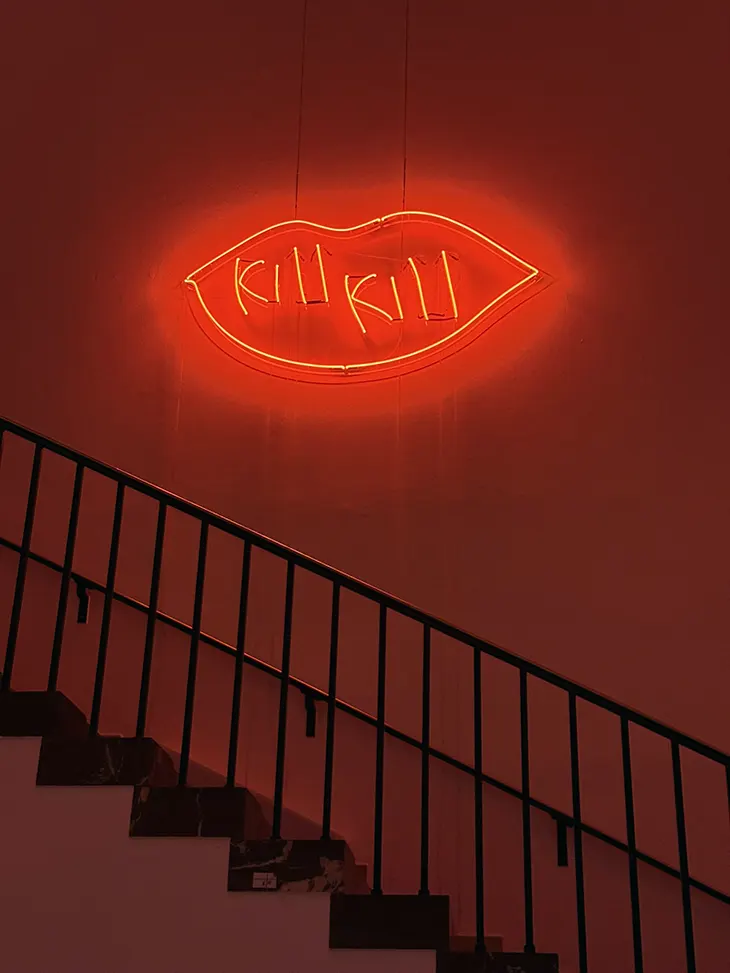
From hacked utopias to speculative futures, Shu Lea Cheang has never played by anyone’s rules, least of all those of institutional art. Her new exhibition, Kiss Kiss Kill Kill, on view through August 3, 2025 at Munich’s Haus der Kunst, marks the first institutional survey of the Taiwanese-born artist, turning over three decades of work into a hybrid universe that fuses internet-based art, speculative fiction, and radical ecological thinking.
ART
Taking Fresh Kill (1994) as its entry point, a cult feature that imagined cyber-waste and queer resistance long before it became clickbait, Kiss Kiss Kill Kill doesn’t just restage Cheang’s past. It reprograms it. The exhibition spans four galleries, each one imagined as its own altered zone, where archival artefacts, film, software installations, and media debris are set loose to mutate and multiply.
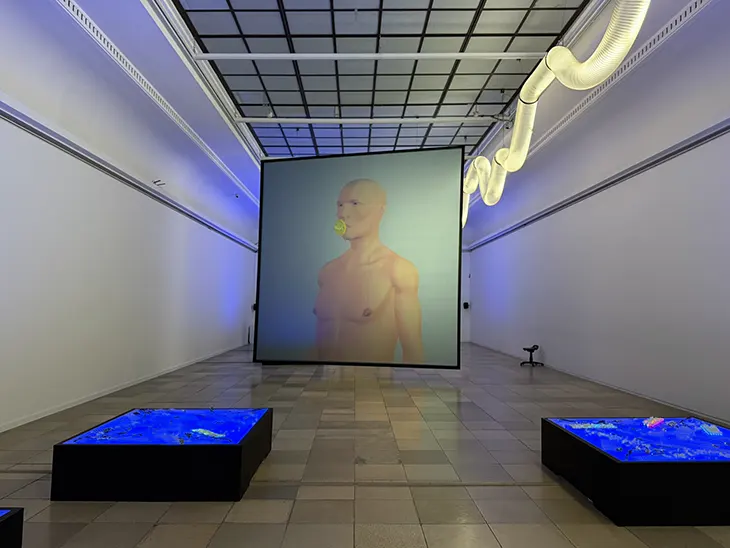
This isn’t a stroll through a retrospective. It’s a system you have to plug into. As with so much of Cheang’s work, from her early experiments in live TV and networked performance to her more recent probes into crypto-societies and bio-hacking, participation is part of the deal. Visitors are invited to explore, interact, and rethink their relationships with surveillance, waste, and non-human intelligences.
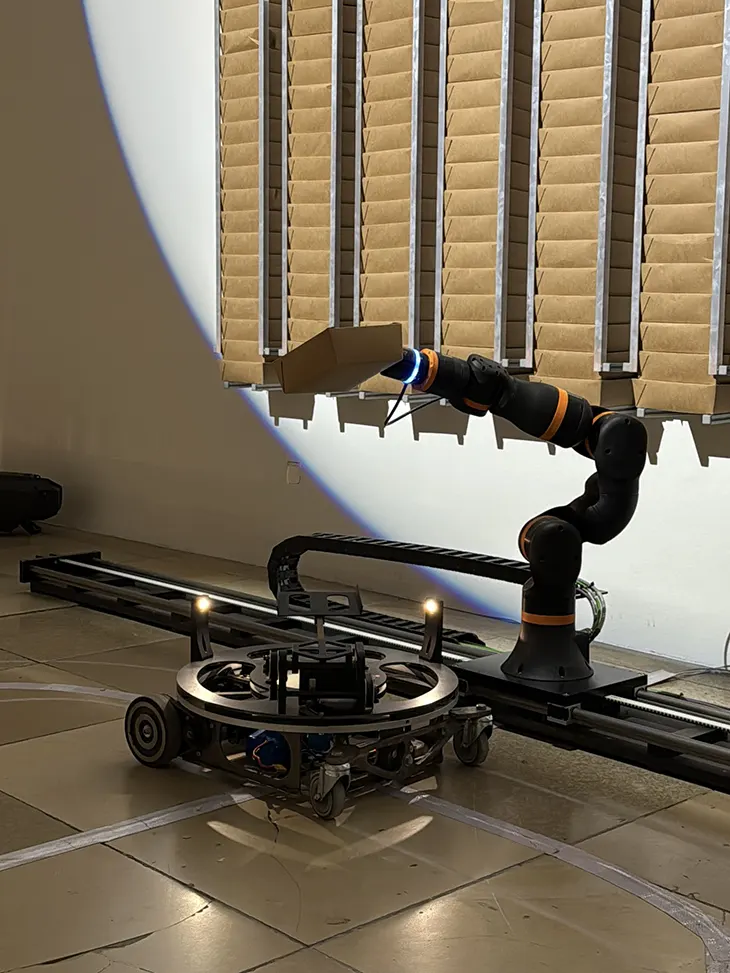
What’s especially compelling about Kiss Kiss Kill Kill is its framing of waste, not just as a byproduct of modern life, but as a generative force. Cheang treats discarded data, failed systems, and environmental ruin as raw material for storytelling. The technosphere and biosphere bleed into one another. Old work doesn’t just get shown; it gets re-coded.
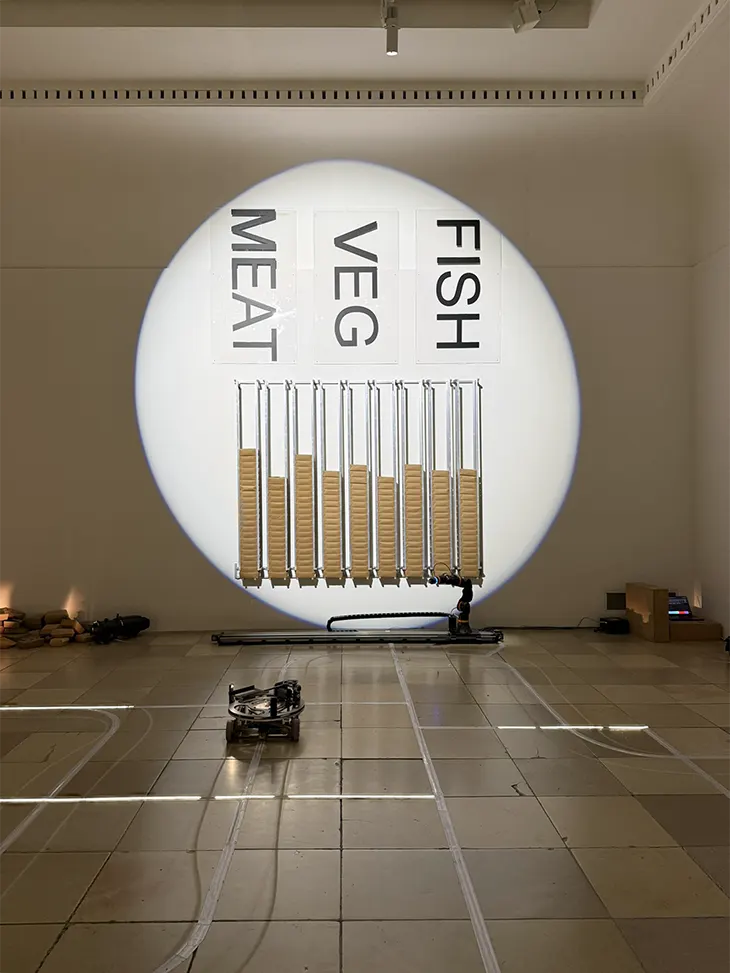
Curated by Sarah Johanna Theurer with Laila Wu, the show unfolds like a “machine of experience,” where media, memory, and mutation are all in play. Cheang’s sci-fi frameworks are deeply tactile, grounded in physical installations that feel just as alive as her narratives about artificial intelligence, gamified economies, and techno-bodies.
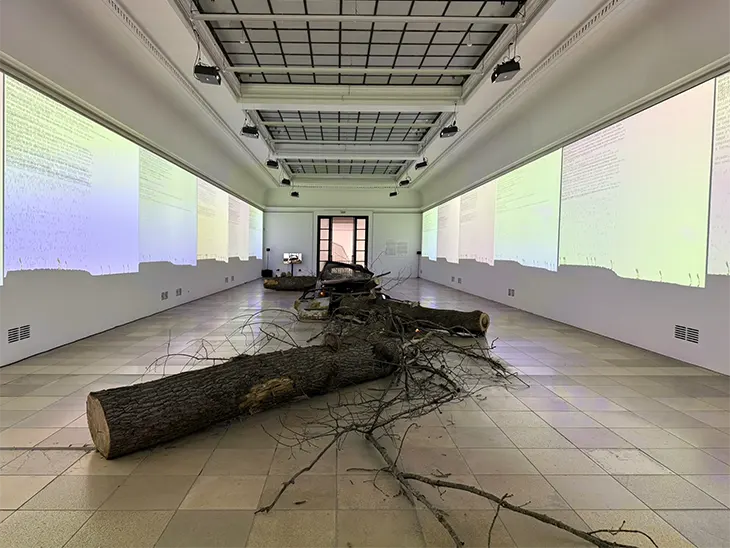
Following institutional exhibitions of transmedia artists like Dumb Type, Tony Cokes, and WangShui, Kiss Kiss Kill Kill continues a deeper commitment to digital-native practices. But Cheang stands apart. She’s not simply commenting on systems and breaking into them, writing new rules from within.
The title might suggest a gesture of affection, but Kiss Kiss Kill Kill feels more like a subversive transmission. Consider yourself kissed, and warned.
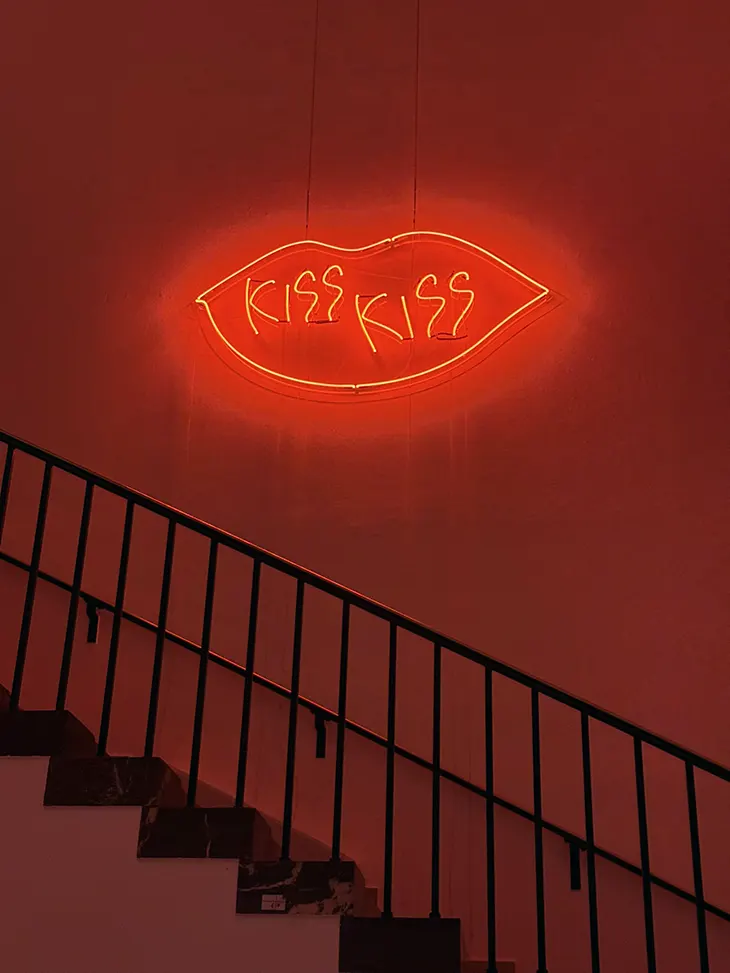
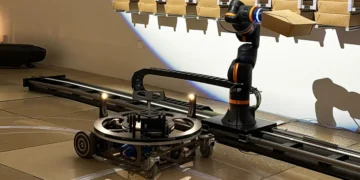













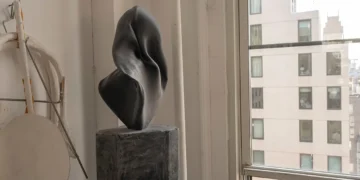
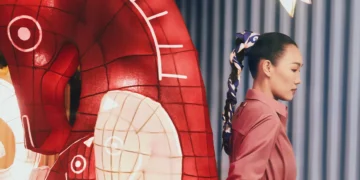
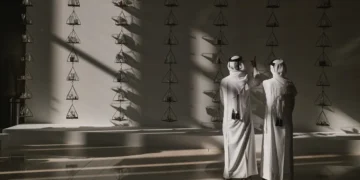
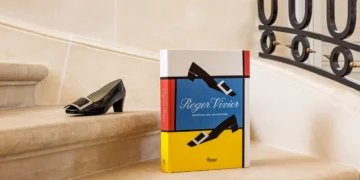


that is a great one! Shu Lea is amazing talent!
Love this work 😍